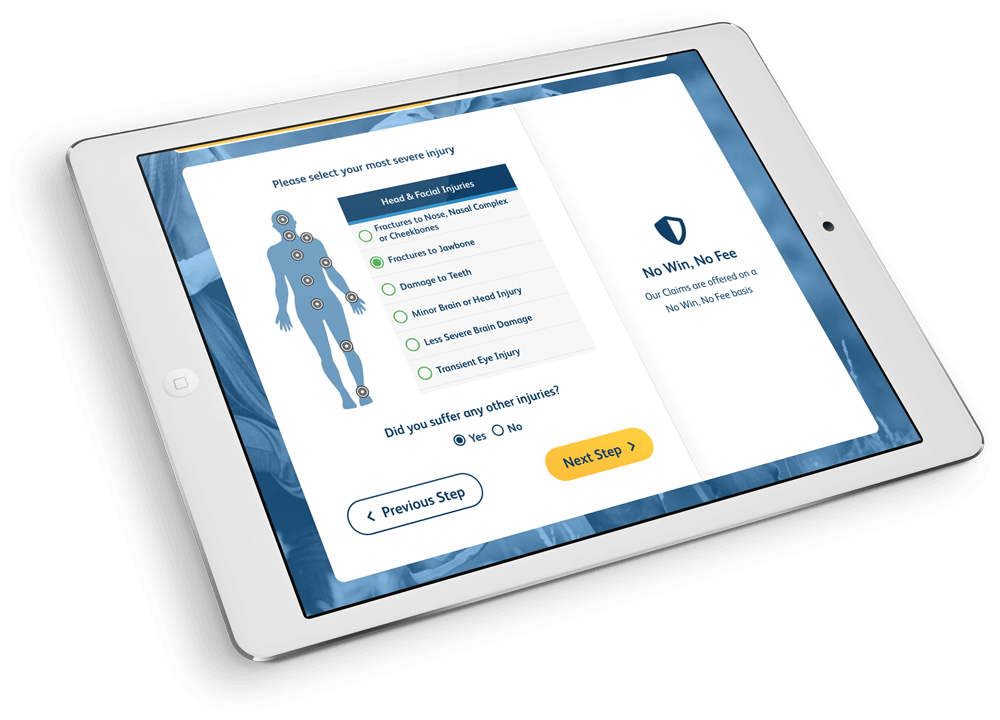Bonfire Night: How to have fun and stay safe in 2020
With the majority of public firework shows cancelled for 2020, more and more of us are looking to hold our own personal displays at home this Bonfire Night.
Fireworks may be exciting to look at, but it’s important to remember they are explosives that can reach speeds of up to 150 mph and maximum burning temperatures of 2,000 degrees Celsius. They are extremely dangerous – especially when not being operated by professionals.
So, whether it’s small-scale poppers and handheld sparklers or larger firework displays, following sensible at-home safety measures is vital to avoid serious injuries. Here are some of our tips on how to have fun and stay safe this year.
HOW MANY INJURIES DO FIREWORKS CAUSE EACH YEAR IN THE UK?
Thousands of people end up in hospital each year due to firework and bonfire accidents. The most common injuries are minor or major burns to the hands or face, damage to eyesight from the bonfire, or from fireworks, and smoke inhalation as well as sprains and strains from tripping in the dark.
Last year, figures from NHS Digital revealed that there were almost 2,000 occasions of people going to A&E linked to fireworks in 2018-19.
According to NHS England, over the last five years there have also been almost 1,000 hospital admissions relating to the release of a firework. More injuries occurred at private or family displays where trained first aiders were not on hand to help.
WHAT IS THE LAW AROUND THE USE OF FIREWORKS?
Since fireworks are explosive, there are strict rules in place in the UK regulating their sale, possession and use. Firstly, you have to be over 18 to purchase and need to buy them from a licensed supplier.
Fireworks are also divided into categories. For displays at home, you can only legally use category three fireworks. Only public displays, hosted by trained professionals, are legally allowed to use bigger and louder (category four and five) fireworks.
If you are planning on hosting your own display this year, remember you have a moral and legal obligation to ensure the safety of your neighbours and those around you.
If you fail to follow the instructions correctly or are negligent in any way – such as setting them off incorrectly or in an unsuitable place – you can be held liable if your firework injures somebody or causes damage to their property.
CAN YOU CLAIM COMPENSATION IF YOU ARE A VICTIM OF A FIREWORK ACCIDENT?
Firework accidents can happen for a variety of reasons, including individuals failing to read or obey the safety instructions, or the firework itself being faulty. Depending on the circumstances surrounding a firework injury, you may be entitled to compensation. The top three causes of accidents are:
- Public displays
There are very strict guidelines that local authorities, or other professional organisers, must adhere to when arranging public firework displays. Unfortunately, sometimes accidents can be caused by the negligence of organisers if these measures are not in place.
The organiser has a legal duty to protect the safety of staff and spectators. If you are injured at a public event, the organiser is usually liable and you may be entitled to claim via the organiser’s insurance.
If you do suffer an injury, ensure you report it immediately to a senior member of the team on site and keep records of your correspondence, as well as a detailed account of the incident – including a photograph of your injury if possible.
- Displays at home
This year, more of us than ever will be opting to celebrate at home due to the majority of displays being cancelled. Statistically firework accidents are more likely to happen at home as most individuals are not professional trained to let off fireworks. Research has also found that in 90% of firework parties held at home, alcohol is present.
Accidents at home often happen because inexperienced people don’t read the instructions properly, buy fireworks too big for the property or set them off in inappropriate places, such as too close to each other.
Individuals can be held responsible for accidents that occur during a home firework display, including injuries to those present and damage to neighbouring properties, so be careful this year to ensure you read and obey the safety instructions carefully.
- Faulty fireworks
If you suffer an injury due to a faulty firework, you may be eligible to claim against the retailer, manufacturer or importer of the firework. It can, however, be difficult to prove that the firework was faulty and not mis-handled in any way. If you do believe the firework was a fault ensure you keep all packaging, instructions and receipt to make it easier to investigate.
To prevent purchasing an inappropriate or defective product:
- Only purchase fireworks from a registered retailer. Do not buy online or via social media
- Never purchase category 4 or 5 fireworks for a home display
- Always check the fireworks carry the CE marking to show that they are safe and conform to European safety standards
KEEP PETS SAFE
Bonfire Night is the scariest time of the year for pets and, with more of us staying at home this year and setting off fireworks in our gardens, it’s likely to be even more frightening than usual.
As animals have a more acute sense of hearing than humans, they perceive every loud bang as a threat. The bangs and bright lights can make them extremely anxious. Keep pets indoors and be careful to ensure they feel safe and secure, as when pets are stressed they can behave out of character. For more tips on preparing your pets for firework night visit pdsa.
FOLLOW THE FIREWORK CODE THIS BONFIRE NIGHT
Here are our top 11 tips to stay safe this Bonfire Night. For more information and safety tips check out the online guidelines of the RoSPA (Royal Society for Prevention of Accidents).
- Keep your fireworks in a closed box, remove them one at a time and never put them in your pocket
- Always read and follow the instructions carefully
- Never return to a firework that has not gone off and keep everyone, especially young children, a safe distance from the site of ignition
- Only buy fireworks that conform to British Standard number (BS 7114)
- Read the instructions on the firework by torchlight not by naked flame
- Light fireworks using a taper and stand well back
- Don’t give sparklers to children under five years old
- Have a rigid board or base for flat-bottomed fireworks.
- Direct fireworks well away from spectators and viewers (especially children) should watch from inside
- Make sure children and pets are not left unattended
- Don’t drink alcohol if you are dealing with fireworks
Have fun, but remember most of all to stay safe this Bonfire Night!
If you have been injured at a firework display, or a result of a defective product, and your injuries weren’t your fault, then you may be entitled to a personal injury claim. Contact our expert team of personal injury solicitors for free, no obligation advice: 0800 880 7869 or






